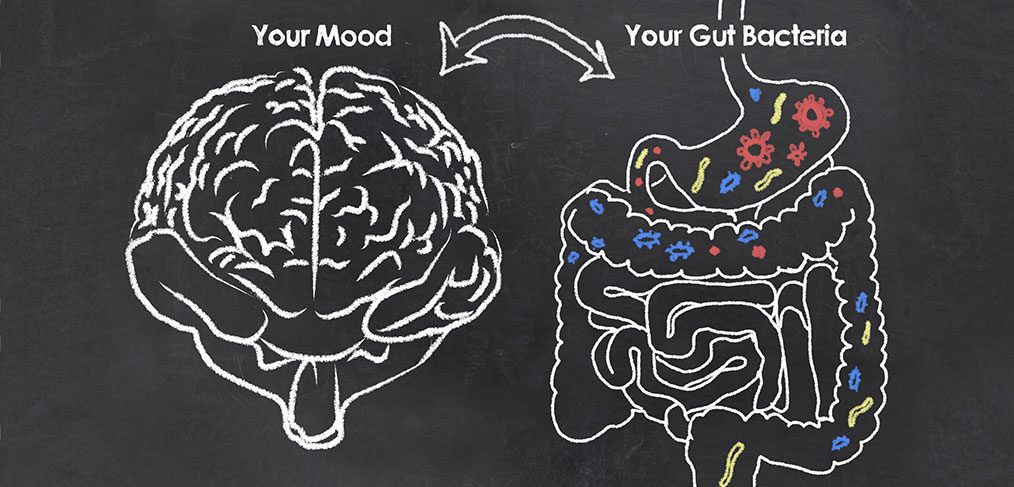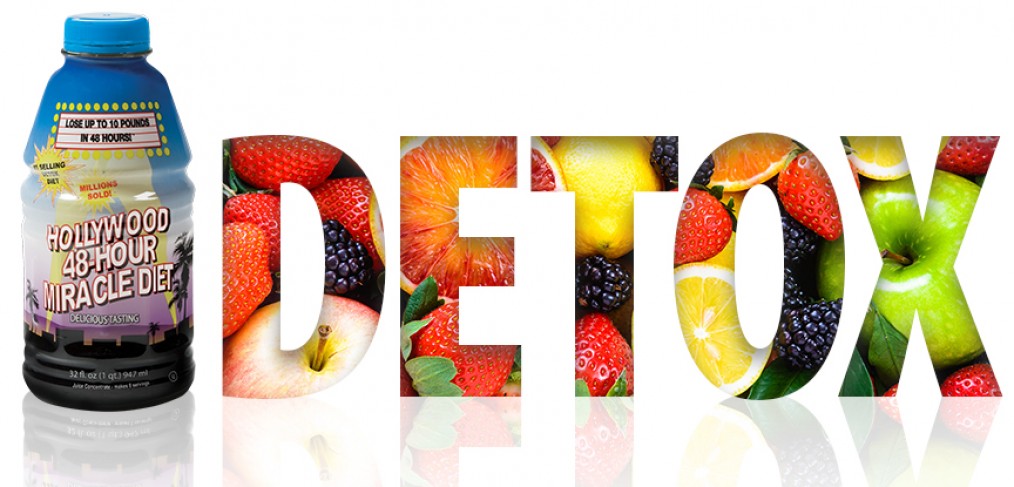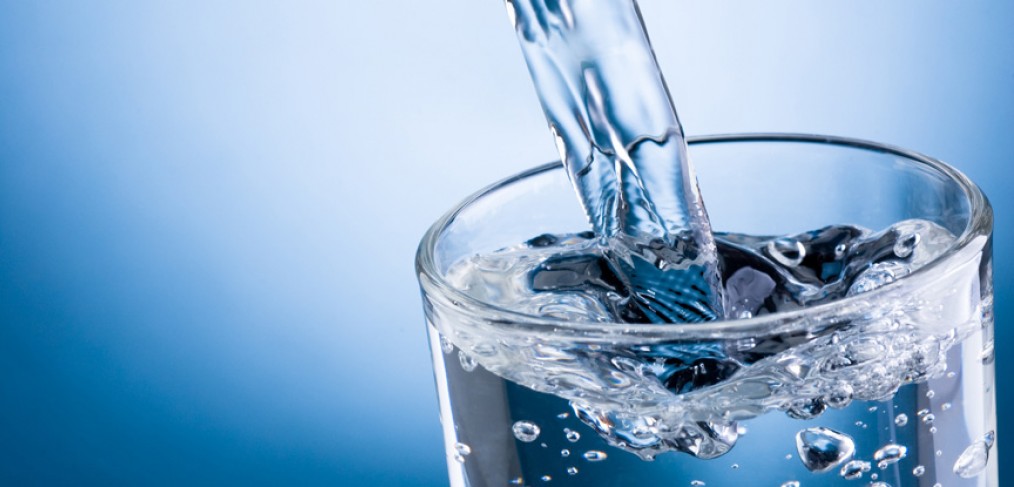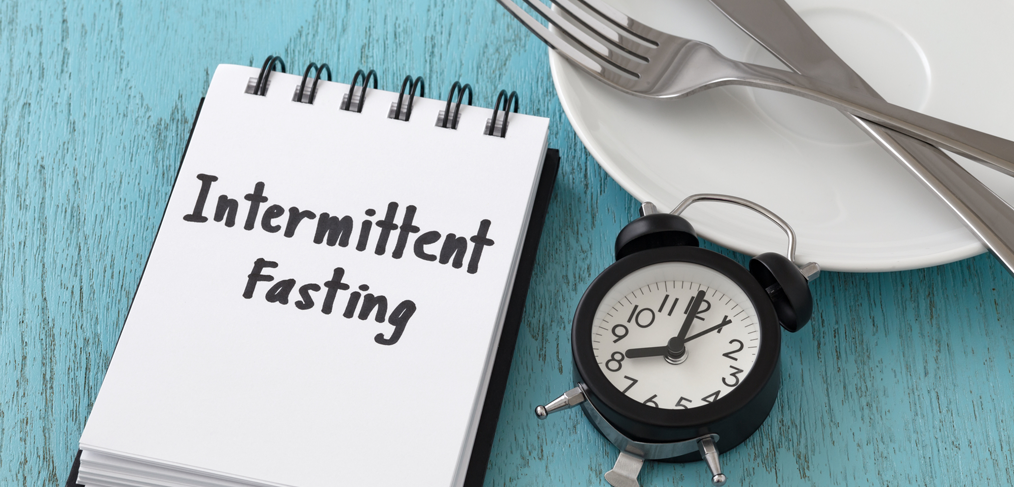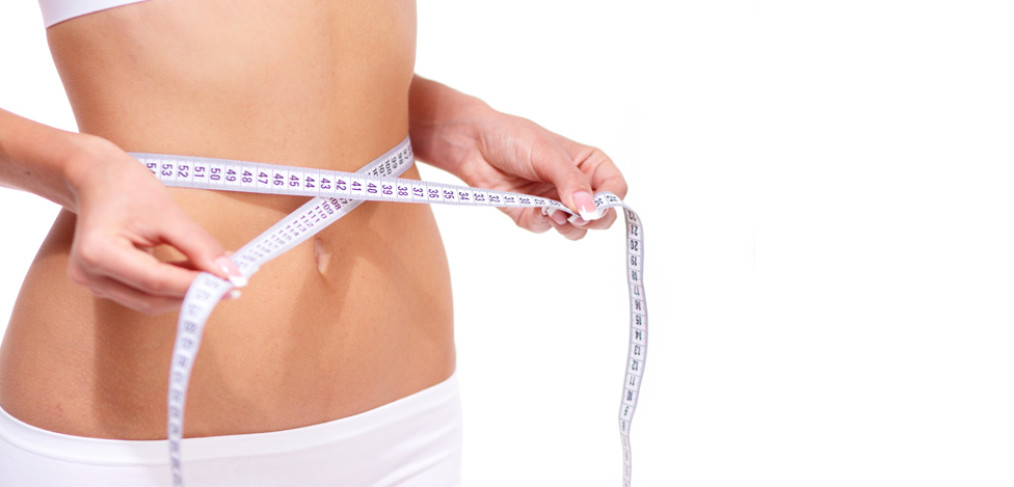Good for the Body, Good for the Brain: How Intermittent Fasting Could Boost Your Mental Health
This age-old tradition of withholding food for an extended period has rapidly gained popularity in recent years as a weight loss tool because it works. In fact, one recent review of studies published in Nature Reviews: Endocrinology determined that intermittent fasting led to individuals losing between 3 and 8 percent of their total body weight over a relatively short period of just 8 to 12 weeks.






